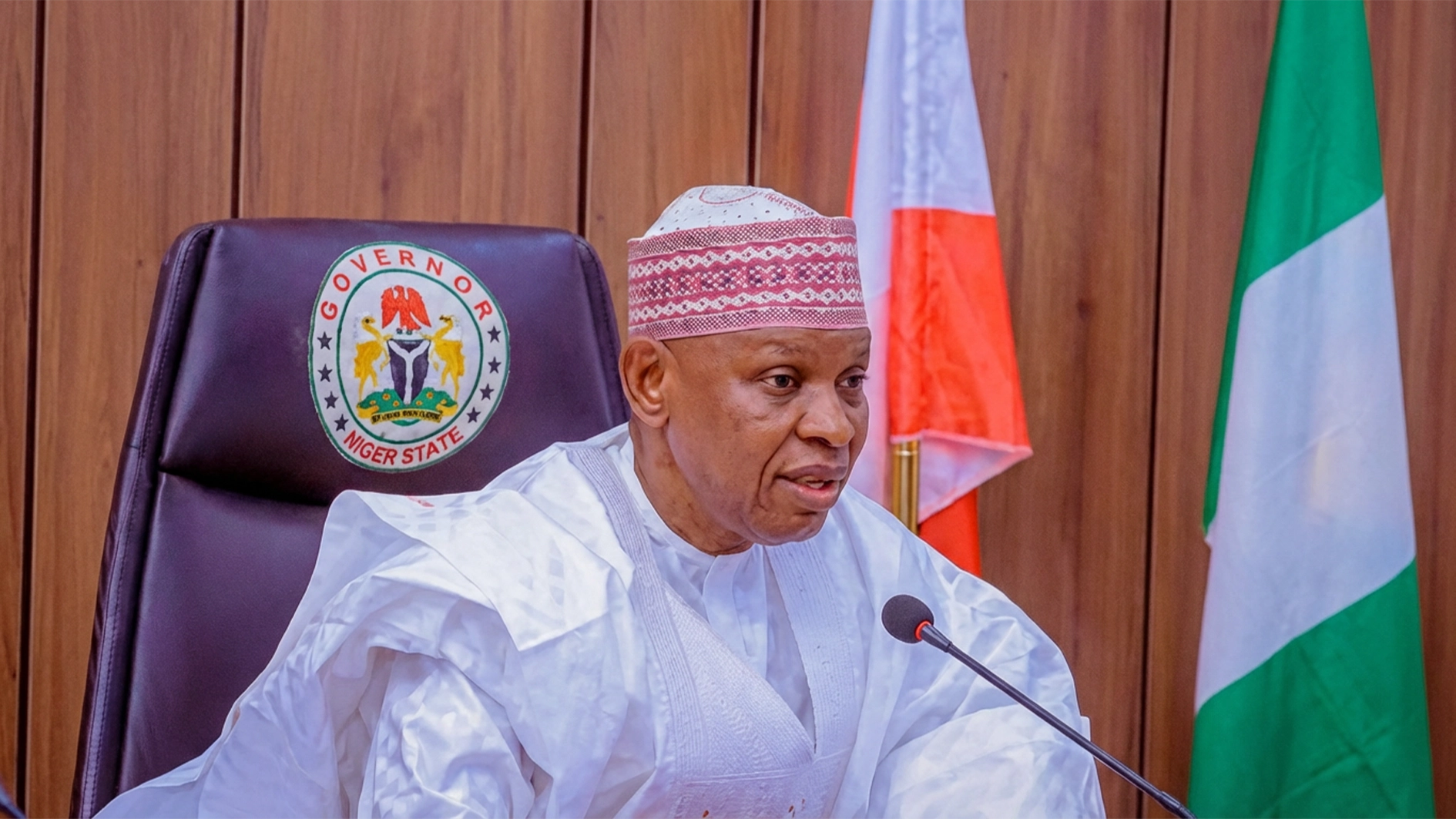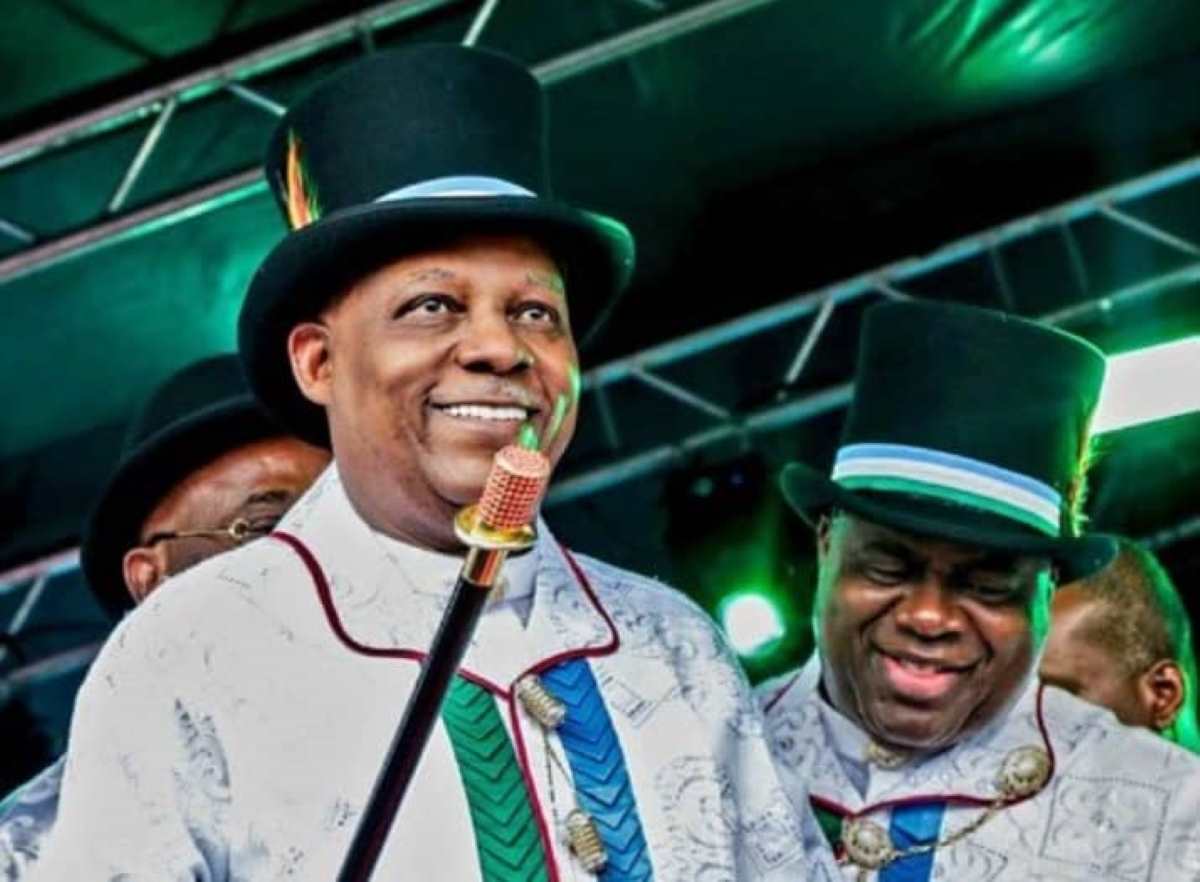Former National Secretary of the All Progressives Congress (APC), Senator Iyiola Omisore, has dismissed concerns that the party’s political strength will diminish following the absence of former President Muhammadu Buhari on the ballot in future elections.
Speaking during an interview on Channels Television, Omisore acknowledged Buhari’s significant influence on APC’s growth and electoral successes, but maintained that the party is not in decline. He argued that Nigeria’s political terrain has evolved, and any drop in the APC’s vote count in the 2023 elections should be seen as a result of increased competition, not Buhari’s absence as a candidate.
“President Buhari gave the APC structure and a distinct political identity. His integrity, popularity, and consistency, especially in northern Nigeria, were critical to our earlier victories. But the political terrain in 2023 was very different. Unlike 2015 and 2019, which were essentially two-horse races, this time we had three strong contenders: APC, PDP, and the Labour Party,” Omisore said.
He pushed back against suggestions that the drop in APC’s vote count—from 15.4 million in 2015 to 8.7 million in 2023—was evidence of the party’s weakness.
“You can’t just look at the numbers in isolation. In 2015 and 2019, there were two dominant parties, so the votes were concentrated. In 2023, with three strong contenders, the votes were more evenly distributed. That’s a fundamental difference,” he explained.
Omisore further cautioned against simplistic assumptions about voter alignment. “Voters are not transfer assets. Just because two parties are in opposition doesn’t mean they share the same support base.”
He also responded to criticism that Buhari’s campaign efforts in 2023 did not yield the same results as in previous cycles. Omisore defended the former president, noting that he remained actively involved and showed public support for the APC and its candidate, Bola Tinubu.
“President Buhari still went around, visited many states, and gave his blessings to our candidate. But 2023 had new variables. Peter Obi pulled significant weight in the South East and parts of the South South, and Atiku Abubakar remained strong in the North East. That fragmented the vote in ways we hadn’t seen before,” he noted.
Reflecting on the 2023 outcome, Omisore said the APC must take stock of its performance but insisted that winning the presidency, even with fewer votes, was proof of the party’s resilience.
“Yes, we won with 8 million votes. That’s a reality check. But we still won. And let’s not forget—our opponents were not lightweights. The PDP had a former Vice President, and the Labour Party had a sitting governor with national appeal. Yet, we prevailed,” he said.
Omisore described Buhari as more than a political figure, calling him “an institution” whose popularity extended deeply into the grassroots. “There are states where people voted for candidates just because they were associated with him. That’s the level of trust he built.”
However, he stressed that the APC must move beyond individual personalities. “The party must deepen its roots, reform where necessary, and continue to serve the people. We have capable hands. We cannot lean on one figure forever.”
On the prospect of opposition unity in 2027, Omisore acknowledged the significance of a potential PDP–Labour Party alliance, but expressed confidence in the APC’s national spread.
“Politics is about strategy. If they come together, we’ll also work smarter. But let’s remember—the APC is the only party with a truly national structure today. We’ve won across regions. That takes more than chance; it takes planning,” he said.
He also noted the growing influence of youth and technology on political engagement, stating, “There’s a shift happening. Young people are getting more involved. The APC has to continue engaging with them. Our survival and success depend on remaining relevant to the next generation.”
According to Omisore, Buhari’s continued loyalty to the APC after leaving office reflects his commitment to party discipline and national stability.
“He had every reason to step back after his tenure, but he didn’t. He publicly declared his loyalty to APC and even campaigned for the party. That’s the kind of character he had.”
Despite Buhari’s enduring legacy, Omisore emphasised that Nigeria’s democracy must grow beyond individual dominance.
“Yes, we’ve lost a great leader. But Buhari never wanted to be seen as a godfather. He led with principle. Now it’s time for others to step up and lead too. That’s the natural order of things,” he added.






